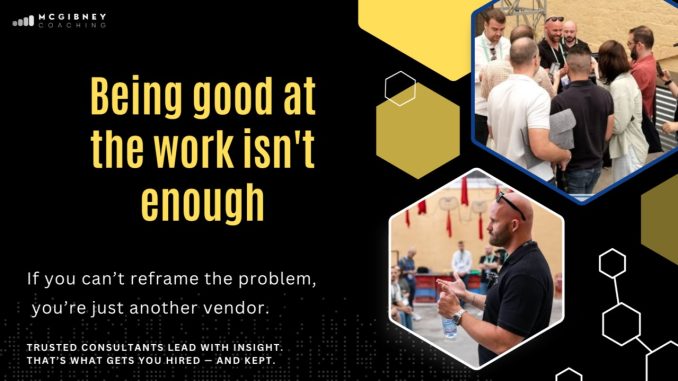
In business, competition is often portrayed as the driving force behind progress. Companies are urged to outpace rivals, capture market share, and constantly benchmark themselves against others. But what happens when you stop competing? Not in the sense of giving up, but in the sense of shifting focus—from beating others to building something uniquely valuable. When a business stops obsessing over competitors and starts concentrating on its own strengths, vision, and customers, something remarkable begins to unfold. The energy once spent on comparison is redirected toward creation, and the business begins to operate from a place of purpose rather than pressure.
Stepping away from the competitive mindset doesn’t mean ignoring the market. It means choosing not to let others define your strategy. Many businesses fall into the trap of reactive planning, adjusting their moves based on what competitors are doing. This can lead to a cycle of imitation, where differentiation is lost and innovation is stifled. When a company stops competing in this reactive way, it starts leading. It begins to ask different questions—not “How do we match them?” but “What do we believe in?” and “How can we serve our customers better than anyone else?” This shift in perspective opens the door to more authentic and sustainable growth.
One of the most powerful outcomes of stepping away from competition is clarity. Without the constant noise of comparison, businesses can reconnect with their core mission. They can focus on what makes them distinct, rather than what makes them similar. This clarity informs everything from product development to branding to customer experience. It allows companies to build a coherent identity that resonates deeply with their audience. Brands like Patagonia, Basecamp, and Trader Joe’s have thrived not by chasing competitors, but by staying true to their values and delivering consistent, differentiated experiences.
When competition fades into the background, collaboration often comes to the forefront. Businesses begin to see others not as threats, but as potential partners. This opens up opportunities for co-creation, shared learning, and mutual support. Industries that embrace this mindset tend to be more innovative and resilient. In the tech world, open-source communities have demonstrated how collaboration can drive rapid advancement. In retail, local businesses that support each other often create stronger ecosystems than those that operate in isolation. By stepping out of the competitive frame, companies can build networks that amplify their impact.
Another benefit of moving beyond competition is the reduction of stress and burnout. Constantly measuring success against others can create a toxic environment, both for leaders and teams. It fosters anxiety, short-term thinking, and a fear of falling behind. When businesses shift their focus inward—toward excellence, creativity, and service—they cultivate a healthier culture. Employees feel more empowered to innovate, take risks, and contribute meaningfully. The workplace becomes a space of growth rather than a battleground. This doesn’t mean lowering standards—it means redefining success in terms of contribution and progress, not just comparison.
Customer relationships also deepen when competition is no longer the primary lens. Instead of trying to lure customers away from rivals, businesses focus on building genuine loyalty. They listen more closely, respond more thoughtfully, and invest in long-term value. This approach creates stronger bonds and higher retention. Customers sense when a company is driven by purpose rather than rivalry, and they respond with trust. In a world where consumers are increasingly skeptical of marketing and hype, authenticity becomes a powerful differentiator.
Financial performance can improve as well. While it may seem counterintuitive, businesses that stop chasing competitors often become more profitable. They make decisions based on their own metrics and goals, not external pressures. They avoid costly arms races in pricing, features, or advertising, and instead invest in areas that align with their strategy. This leads to more efficient operations and better margins. Moreover, by focusing on value creation rather than market conquest, these businesses often uncover new revenue streams and customer segments that were previously overlooked.
Of course, this approach requires discipline. It’s easy to get pulled back into the competitive mindset, especially when others are making bold moves or grabbing headlines. But the most enduring businesses are those that resist the urge to react and instead stay grounded in their vision. They understand that leadership is not about being first—it’s about being right for the people they serve. They build with intention, evolve with purpose, and measure success on their own terms.
Ultimately, when a business stops competing, it starts creating. It moves from defense to design, from mimicry to mastery. It becomes less concerned with winning and more focused on mattering. This shift doesn’t eliminate competition—it transcends it. It allows businesses to operate from a place of strength, clarity, and conviction. And in doing so, they often find that the best way to lead the market is not by chasing it, but by changing it.